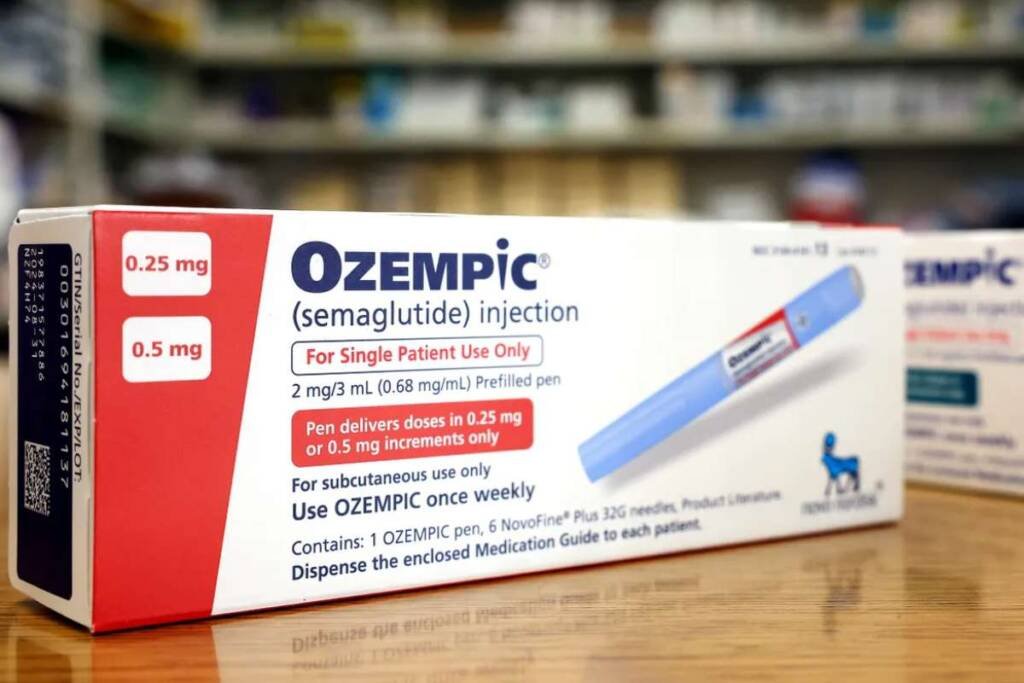Following reports of two cases of suicidal thoughts and one case of self-harm among users in Iceland, the European Medicines Agency (EMA) has initiated a review of Novo Nordisk’s diabetes and obesity drugs. The EMA’s Pharmacovigilance Risk Assessment Committee (PRAC) will investigate Novo’s products Ozempic (semaglutide) and Saxenda (liraglutide) to determine if there is a causal relationship between their use and these adverse events. The review will also include another semaglutide drug from Novo, Wegovy.
The GLP-1 treatments offered by Novo have gained popularity for their weight-loss effects. The EMA will consider expanding the review to encompass all drugs in the GLP-1 class, which would include Eli Lilly’s rising drug Mounjaro (tirzepatide).
The labels for semaglutide drugs, including Ozempic and Wegovy, already list suicidal behavior as a major interaction and advise against their use in patients with a history of suicide attempts or active suicidal thoughts.
Novo Nordisk expressed confidence in the benefit-risk profile of its products and highlighted the long-standing use of drugs in this class.
Another potential concern with GLP-1 treatments is the risk of thyroid cancer. In May, the EMA informed Novo and other companies with GLP-1 products, such as Lilly, AstraZeneca, and Sanofi, that it was monitoring signals of potential thyroid cancer.
The recent reports from Iceland detailed cases of suicidal thoughts associated with Ozempic and Saxenda, as well as a case of self-harm linked to Saxenda.
In 2008, Sanofi’s Acomplia, a CB1 antagonist targeting hunger signals, was withdrawn from the European market due to patient reports of depression and suicidal thoughts. However, GLP-1 treatments have a different mechanism of action.





























